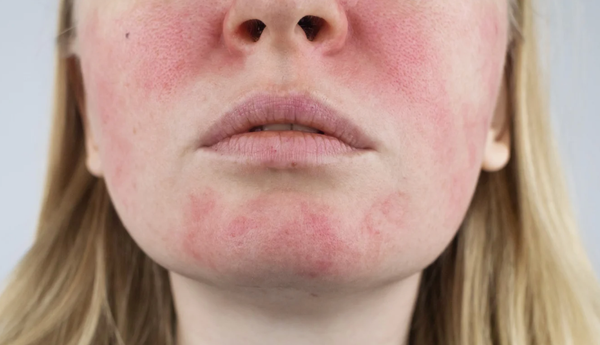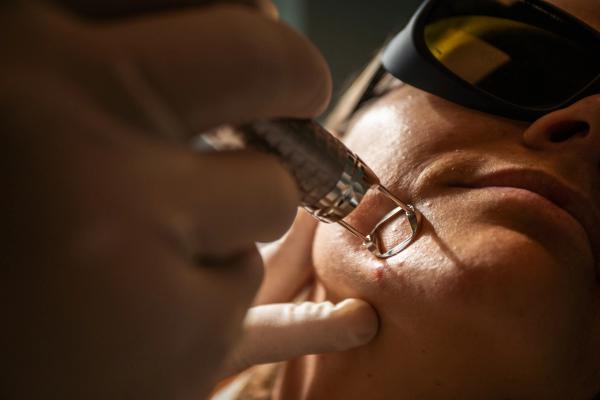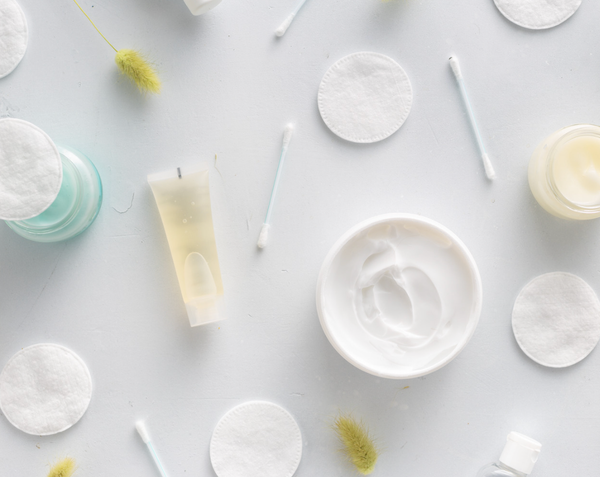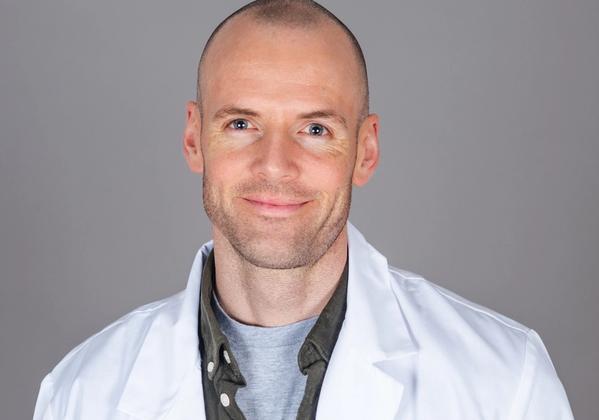Rosacea: Understanding, treating and managing the skin condition
Rosacea is a common skin condition that affects millions of people worldwide.
It is often characterized by facial redness, visible blood vessels, pimples and a burning or stinging sensation
Although rosacea cannot be completely cured, there are effective treatments that can reduce symptoms and improve quality of life.
Read on to learn more about how we can help you
Book consultation



